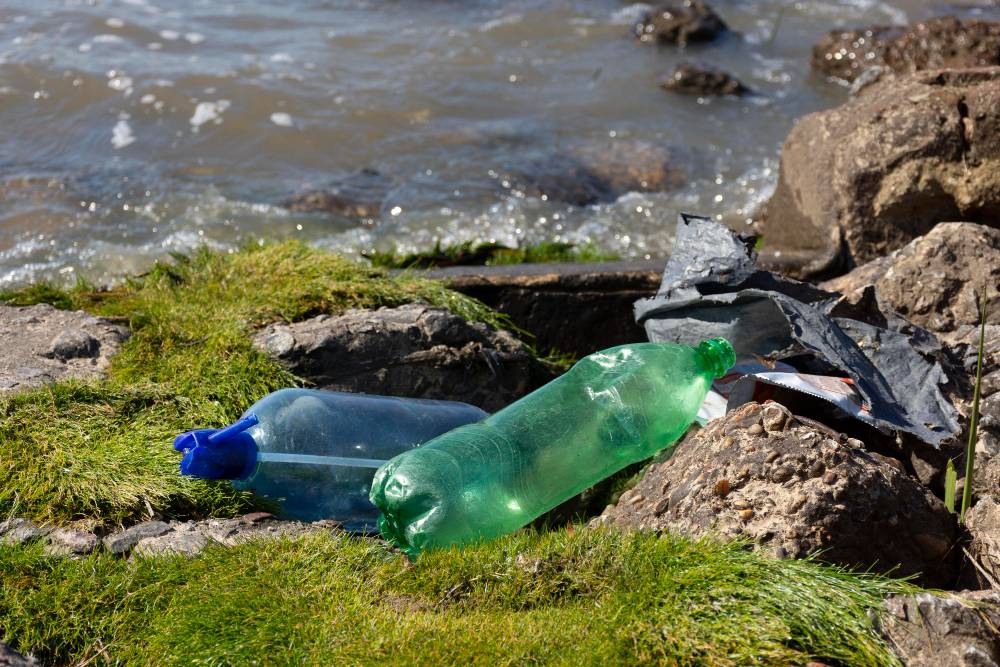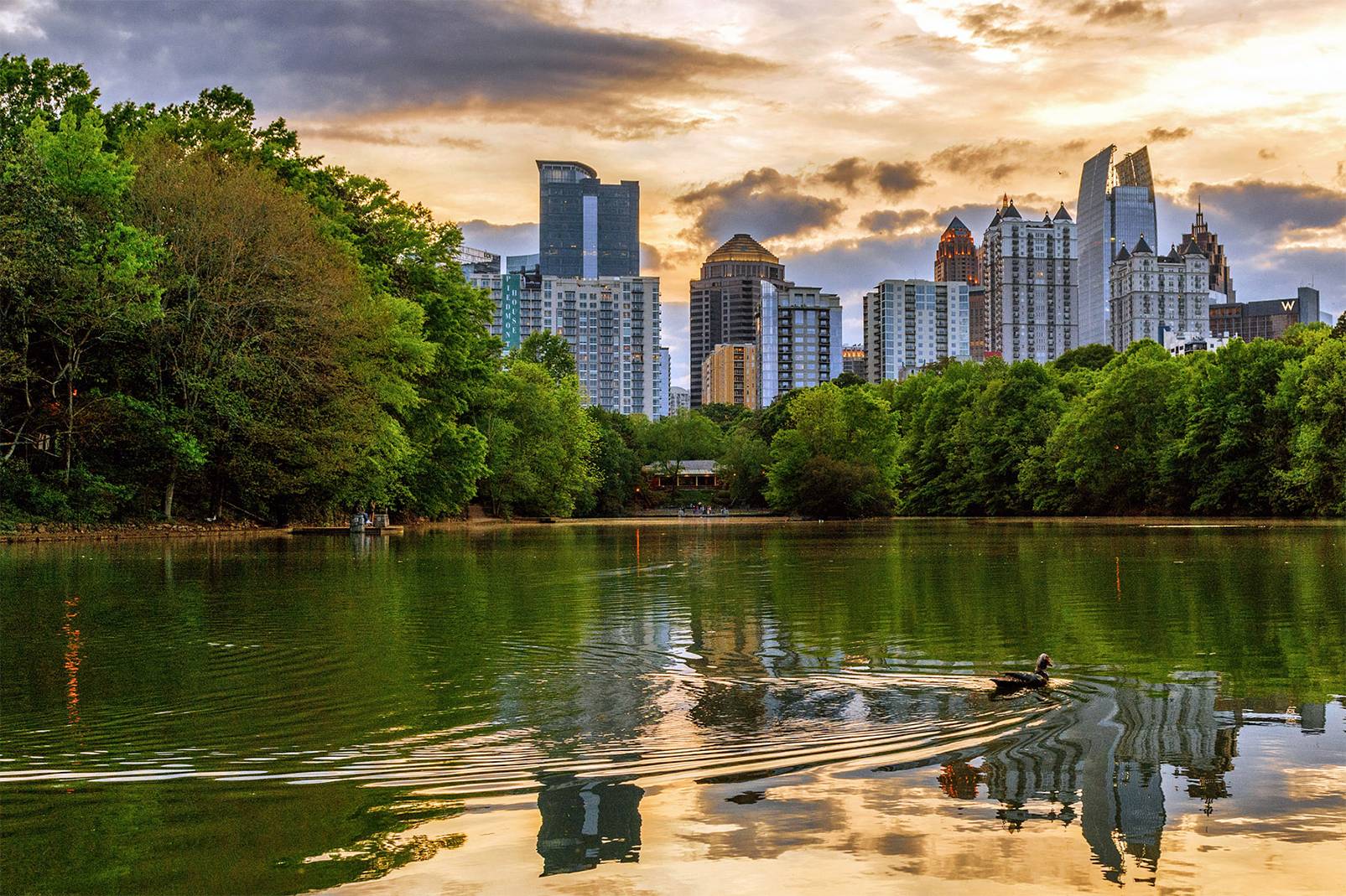
You might be both confused and frustrated if you've noticed trash floating in your pond. After all, ponds are meant to be serene, beautiful spaces that enhance your landscape – not dumping grounds for waste.
Unfortunately, many water bodies, especially those near urban or residential areas, often suffer from pollution. But why does this happen, and what can you do about it?
In this brief article brought to you by Aquatic Restoration, we take a closer look at the common reasons behind pond trash, what you can do to clean it up, and how you can prevent it from happening again.
If you’d like to consult with pond maintenance professionals about the problem, then call Aquatic Restoration to get in touch.
Trash doesn’t magically appear in ponds, but it can seem that way when one day your water is pristine and littered with debris the next. Understanding the sources of pond trash can help you pinpoint the problem and take appropriate action.

A pond full of trash is an eyesore, but the consequences extend far beyond aesthetics. Plastics and other waste materials release harmful chemicals into the water as they break down. This pollution can make the water unsafe for fish, plants, and even pets or wildlife that drink from the pond.
It’s not just the chemical pollution. Trash can physically harm fish and other creatures living in the pond. For instance, animals might mistake plastic for food. Fish, birds, and turtles can also become entangled in items like fishing lines, plastic rings, or netting.
Even organic waste can be harmful. Organic waste like leaves, grass, and food scraps can contribute to algae blooms, which deplete oxygen levels in the water and create a less healthy environment for fish and plants. This excess nutrient load often leads to murky water and foul odors.
If you are tired of that murky and dirty pond, then consider hiring retention pond maintenance professionals. Aquatic Restoration offers everything from cleanup services to filtration system installations. Call or message us today to get started with a consultation.
There’s peace of mind in knowing you have a reliable detention pond on your property. These man-made ponds temporarily hold…
Owning waterfront property is a dream come true for many people. Everything from the stunning views to a relaxing lifestyle…
Algae and contaminants are hands down among the most common and frustrating problems that pond owners face today. Excessive algae…
Recreational lakes are valuable community and private assets, offering opportunities for boating, fishing, swimming, and relaxation. Over time, however,…
Stormwater ponds form a part of modern stormwater management systems. As the name suggests, they collect and manage runoff from…